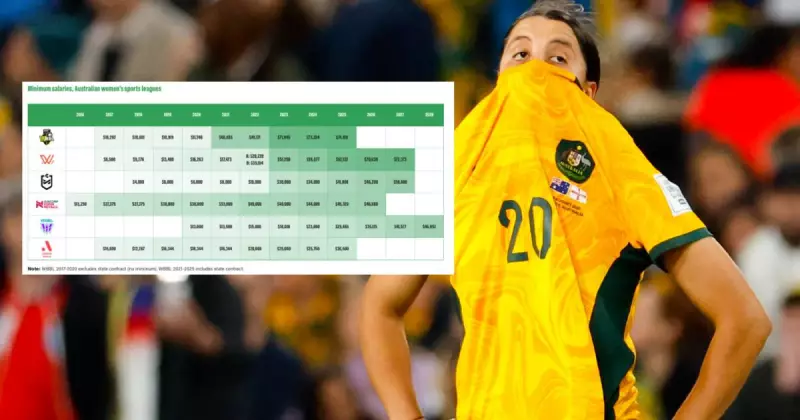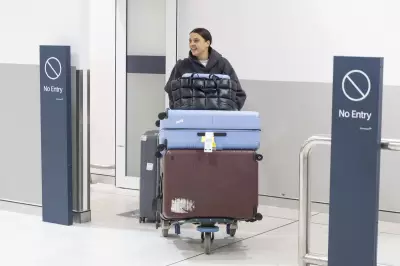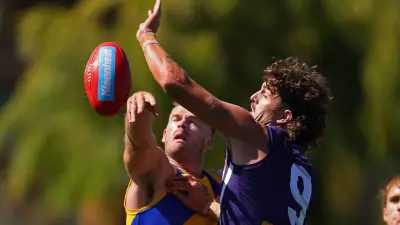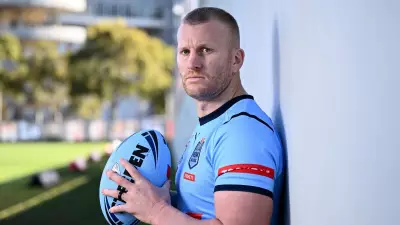
‘Psychological Distress’ and Financial Strain Plague A-League Women
A damning new report has exposed a deepening crisis within the A-League Women (ALW), with players labelling it the least preferred league in the country and calling for an urgent transition to full-time professionalism. The research, released by Professional Footballers Australia (PFA), paints a stark picture of a competition struggling with mental health issues, financial insecurity, and a failure to build on the success of the Matildas.
The 2024-25 report, which included a mental health audit conducted with global players' union FIFPRO, found that a staggering 67 per cent of ALW players had experienced sport-related psychological distress. The survey also revealed alarming rates of disordered eating (41 per cent), alcohol misuse (34 per cent), and disturbed sleep (28 per cent) among the playing group.
Financial Insecurity and the Lowest Minimum Wage
The financial reality for players is a core part of the problem. Despite record total player payments of $8.7 million, the PFA report states that 76 per cent of players feel financially insecure. The league's average salary sits at just over $30,000, while the $26,000 minimum wage is the lowest of any top-tier women's sporting league in Australia.
This financial pressure forces the majority of players to seek work outside of football, with 62 per cent reporting they had a second job during the 2024-25 season. This part-time model is cited as a major barrier to performance and the league's overall development.
The ‘Matildas Effect’ Was Just ‘Piggybacking’, Says Star
The report's findings stand in stark contrast to the euphoric ‘Matildas effect’ that swept the nation after the 2023 Women's World Cup. While the national team achieved unprecedented popularity and commercial success, PFA co-president and Matildas midfielder Tameka Yallop argues the domestic league failed to capitalise.
"We had that massive opportunity with the World Cup and we did see a little bit of growth, but there wasn't any hard sort of platform laid down for it to continue to grow," Yallop said. "It was just piggybacking rather than laying the foundations that we needed to lift this league and elevate it."
PFA boss Beau Busch issued a stark warning, stating the ALW has reached a "tipping point." He urged for immediate investment and a plan to transition to a fully professional competition by the 2026-27 season. The union believes this move would unlock a "potential goldmine," pointing to a global transfer market projected to be worth $200 million by 2027, which could inject over $10 million annually into Australian clubs.
Canberra United star Sasha Grove echoed the call for change, highlighting the personal toll of the current system. "Professionalising the A-League would provide me the security to focus on football full-time," Grove said. "For many players, the part-time nature of the ALW creates a lot of uncertainty... This massively takes away from our ability to grow the women's game."
With the AFC Women's Asian Cup kicking off in Australia in just over 100 days, the PFA is demanding action to ensure the sport does not squander its next major opportunity on home soil.






